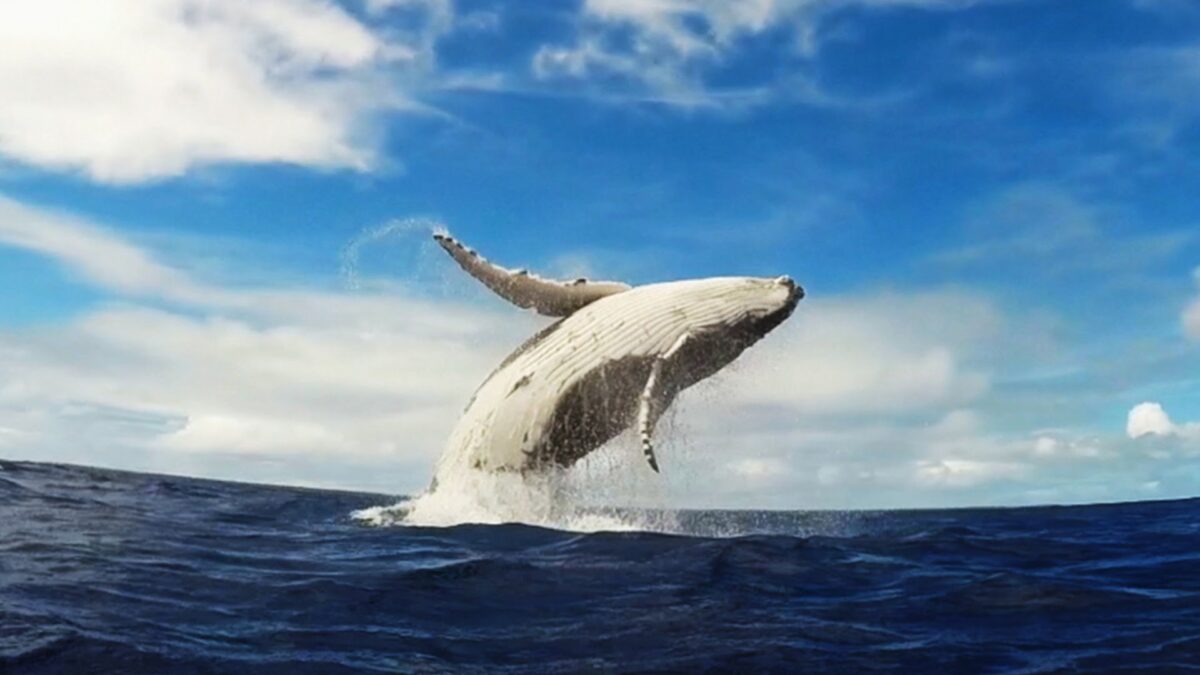What Every Ocean Lover Should Know About Save the Whales

The ocean, vast and mysterious, harbors a wealth of life, from the tiniest plankton to the magnificent giants of the deep – the whales. These majestic creatures have long captured the human imagination, inspiring awe and reverence. However, whales face numerous threats, from habitat degradation to human activities. In response, conservation efforts have emerged worldwide, with organizations like Save the Whales leading the charge. In this article, we delve into what every ocean lover should know about the crucial work of saving these magnificent beings.
1. The Importance of Whales
Whales play a vital role in the health of marine ecosystems. As apex predators, they help maintain balance by controlling populations of prey species. Their movements also facilitate the distribution of nutrients, essential for the productivity of oceanic habitats. Furthermore, whales contribute to carbon sequestration, a process vital for mitigating climate change. By promoting the growth of phytoplankton through their nutrient-rich feces, whales indirectly remove carbon dioxide from the atmosphere.
2. Threats Facing Whales
Despite their importance, whales confront an array of threats that jeopardize their survival. One of the most significant dangers is entanglement in fishing gear, which can lead to injury or death. Collisions with vessels pose another grave risk, particularly for species like the critically endangered North Atlantic right whale. Pollution, including plastic debris and chemical contaminants, further imperils whale populations, impacting their health and reproductive success. Additionally, habitat loss and climate change exacerbate these challenges, disrupting migration patterns and altering food availability.
3. The Role of Save the Whales
In the face of these threats, organizations like Save the Whales are at the forefront of conservation efforts. Founded in 1977, Save the Whales has dedicated itself to protecting marine mammals and their habitats through research, education, and advocacy. Their work encompasses a range of initiatives, from promoting sustainable fishing practices to advocating for marine protected areas. By collaborating with scientists, policymakers, and local communities, Save the Whales strives to enact meaningful change for whale conservation.
4. Conservation Strategies
Save the Whales employs various strategies to safeguard whale populations and their habitats. Education and outreach programs play a crucial role in raising awareness and fostering stewardship among the public. By engaging schools, community groups, and policymakers, Save the Whales seeks to instill a sense of responsibility for ocean conservation. Additionally, the organization supports research efforts aimed at better understanding whale behavior, migration patterns, and threats. This scientific knowledge forms the basis for informed conservation action, guiding policy decisions and management efforts.
5. Advocating for Policy Change
Policy advocacy is another cornerstone of Save the Whales’ work. By advocating for legislation and regulations that protect whales and their habitats, the organization seeks to enact lasting change. This includes measures to reduce marine debris, mitigate vessel strikes, and establish marine protected areas. Through collaboration with government agencies and grassroots organizations, Save the Whales amplifies the voice of conservationists, driving policy initiatives at local, national, and international levels.
6. Engaging Communities
Central to Save the Whales’ approach is community engagement. Recognizing the interconnectedness of human and environmental well-being, the organization works closely with coastal communities to promote sustainable livelihoods that coexist harmoniously with marine ecosystems. This includes supporting ecotourism initiatives that provide alternative sources of income while highlighting the value of intact whale habitats. By fostering partnerships with local stakeholders, Save the Whales ensures that conservation efforts are inclusive, equitable, and effective.
7. The Power of Individual Action
While organizations like Save the Whales play a crucial role in whale conservation, individuals also have the power to make a difference. By making sustainable choices in their daily lives, such as reducing plastic consumption and supporting sustainable seafood practices, people can contribute to the protection of whales and their habitats. Additionally, spreading awareness and advocating for policy change can amplify the impact of individual actions, creating a ripple effect of positive change.
Conclusion
Whales are not just icons of the ocean; they are essential guardians of marine ecosystems. Protecting these magnificent creatures requires concerted efforts at local, national, and global levels. Organizations like Save the Whales are instrumental in leading conservation initiatives, but everyone has a role to play in ensuring the survival of whales for generations to come. By understanding the importance of whales, supporting conservation efforts, and making sustainable choices, every ocean lover can contribute to the preservation of these majestic beings and the health of our oceans.
Click here for more info: Antarctic Krill Oil










